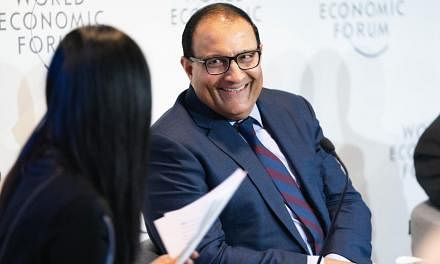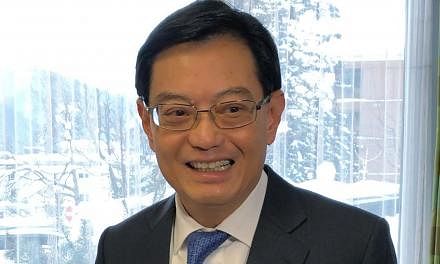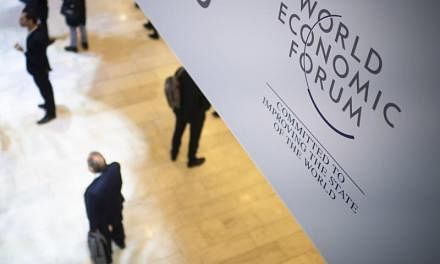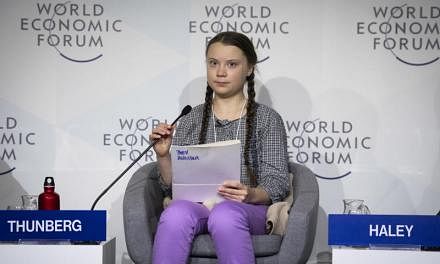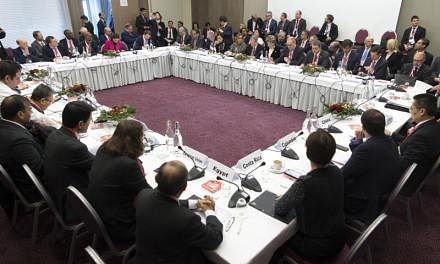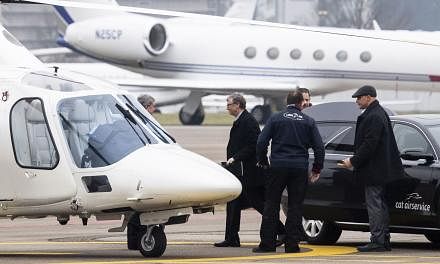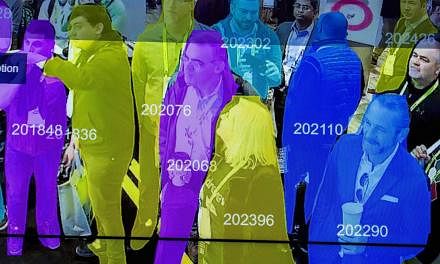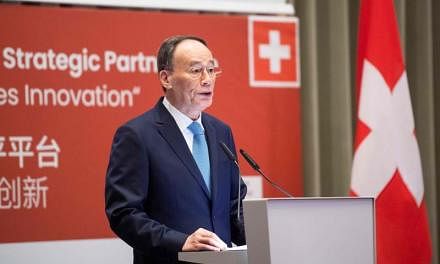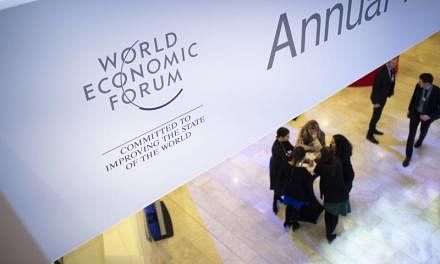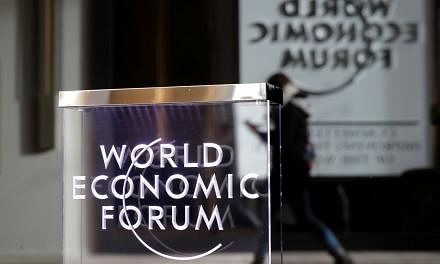DAVOS - Singapore has released a framework on how artificial intelligence (AI) can be ethically and responsibly used, which businesses in the Republic and elsewhere can adopt as they grapple with issues that have emerged with new technology.
This model framework for AI governance is a "living document" intended to evolve along with the fast-paced changes in a digital economy.
It takes in feedback from the industry, and will be tweaked when it gets more views.
The framework was released by Mr S. Iswaran, Minister for Communications and Information, at the annual World Economic Forum (WEF) meeting. It is the first in Asia to provide detailed and readily implementable guidance to private sector organisations using AI, said the Infocomm Media Development Authority (IMDA).
AI, in essence, refers to computer programs or machines that can perform tasks normally requiring human intelligence. It includes technology involving functions such as speech recognition and decision-making. For example, an online store might use AI to fully automate how it recommends products to a user based on his browsing and buying history.
But questions have been raised on issues such as what if control and data fall into the wrong hands.
IMDA said two principles underpin Singapore's framework.
One is that decisions made by or with the help of AI are explainable, transparent and fair to consumers. The second is that AI solutions are human-centric.
Mr Iswaran, who spoke to reporters on Tuesday on the sidelines of the WEF, described AI as frontier technology that has the potential to affect many sectors in very profound ways. Singapore, he said, wants to be prepared in terms of its capabilities, technology investments and regulations.
On this front, the Republic has been working on several AI initiatives, including an Advisory Council on the Ethical Use of AI and Data chaired by former attorney-general V.K. Rajah.
Mr Iswaran said the framework was being released at the WEF because it is a forum of global industry and government leaders, and a place where Singapore has always had "a certain mindshare" in terms of contributing to cutting-edge development and governance of policies.
It also allows Singapore to invite global feedback on the framework.
Indeed, issues related to the digital economy are key topics at this year's Davos meeting, with no fewer than 40 sessions devoted to it, many specifically on AI.
As for whether an AI governance model would deter companies from setting up shop in Singapore, Mr Iswaran stressed that it is not a set of prescriptive rules but a framework for companies to use.
He did not think the industry would be deterred. "On the contrary, we might even be able to come out as one of the jurisdictions with sound approaches to data management and the governance of AI and other frontier technologies. In this case, more companies would want to be associated with us."
In a statement, Mr Rajah said he supported the release of the framework and urged businesses to pilot it and give feedback.
Singapore also announced a collaboration with the WEF's Centre for the Fourth Industrial Revolution to further drive AI and data innovation, including engaging organisations to discuss Singapore's framework and facilitate its adoption.
Meanwhile, speaking later in the day at a panel discussion on "Geopolitics", Finance Minister Heng Swee Keat hoped that the United States and China would resolve their disputes as the stakes were very high for the rest of the world.
"Imagine if all of us were on a plane and the pilot and the co-pilot are fighting each other," he said.
In a special address, Chinese Vice-President Wang Qishan said that his country would continue to post sustainable growth despite global uncertainties, calling it an "indisputable fact".
China grew 6.6 per cent last year, its worst showing in 28 years.


